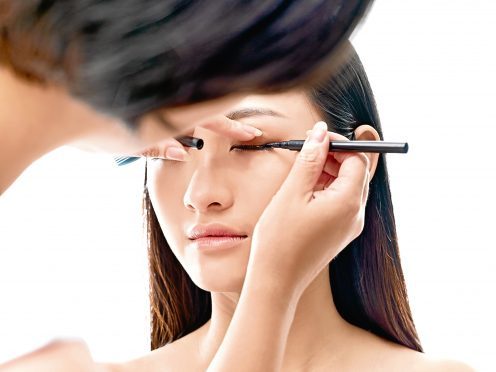Consumer goods giant Unilever has struck a £2.27billion deal to buy into the lucrative Asian beauty market.
The Anglo-Dutch company has bought South Korean cosmetics firm Carver Korea from Bain Capital Private Equity (BCPE), Goldman Sachs and the firm’s founder and chairman, Lee Sang-rok.
It is estimated the Asian beauty and personal care market will be worth more than £125billion by 2019 – more than one-third of the global total.
Rapid growth in demand for cosmetics – for both men and women – is driving product innovation and a host of big-name Asian models and actors into make-up advertising as global business giants look to carve up the market.
South Korea is the fourth largest skincare market in the world and, increasingly, a source of global beauty trends. Carver is focused in particular on two product areas of high-demand; age management and hydration/nourishment.
The business secured sales of £282million and earnings of £120million last year, with sales of its AHC brand making it the fastest growing skincare business in South Korea.
Unilever, which in the UK is better known for food products such as Pot Noodle and Marmite, said Carver was “completely aligned to our personal care strategy”.
Alan Jope, president of personal care, Unilever, added: “It will significantly strengthen our position in north Asia, the largest skincare market in the world, and will complement our existing portfolio, enabling us to offer luxury skincare products at attainable price points.
“AHC has been strongly gaining popularity, thanks to its efficacious, innovative and premium products, and it, therefore, offers great opportunities for growth.”
BCPE managing director Ed Han said: “This has been a great opportunity for us to partner with a leading Korean company in an exciting segment of the cosmetics space and to help support its brand, operations and growth around the world.
“Unilever is a strong partner to help the company in its next phase of growth and development.”
The tie-up is subject to regulatory approval.
Unilever – employing 169,000 people worldwide – announced in April that it would offload some of its best-known brands, including Flora and Stork margarines, after fending off a £115billion takeover attempt from Kraft Heinz. It plans to sell or de-merge what is left of its underperforming spreads business.
In July, the group said pre-tax profits for the first half of 2017 grew by 27% to £4.1billion – up from £3.2billion a year ago.
